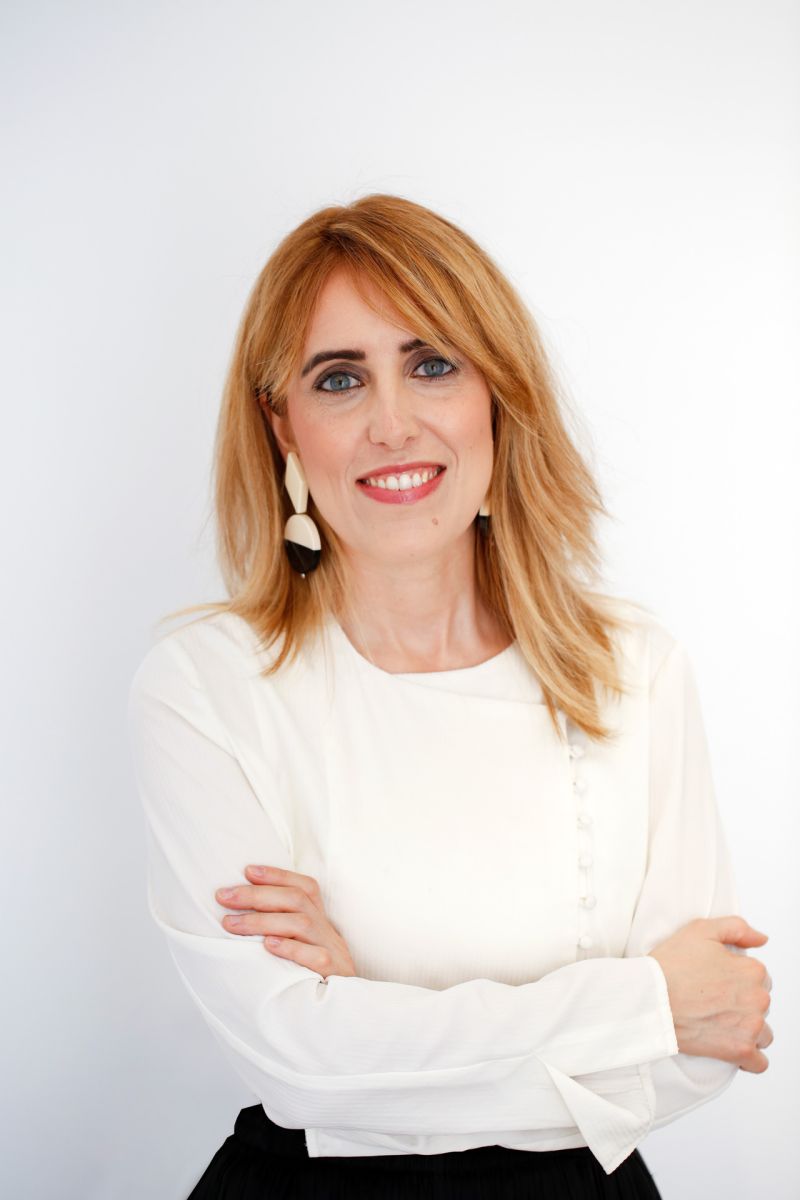“Birth as a single parent is discriminatory for children who are not the children of judges”
- In the last decade, attorney Aida Casanova has worked on family law and has become a reference in the demand for the rights of single-parent families. Casanova is also a member of the Spanish Association of Family Lawyers (AEAFA) and collaborator of the Association of Single Mothers by Choice (Single Deliberate Mother).

The fact of being born in a single parent family is a “discriminatory” for the baby in Spain. Why? Birth
in a single parent family is discriminatory for children who are not children of judges, yes.
What does it mean, that judges have more rights?
Yes, this is so by agreement of the General Council of the Judiciary of February 4, 2021. Surprising and unfair. I, therefore, always add in the court conclusions a photo of this news item, to remember that if the person requesting the accumulation of childcare permits was a judge, he would be accepted. In this regard, it is important to bear in mind that it has also occurred in various public bodies, giving the possibility of accumulating permits to local officials, for example. But the most serious thing in this case is that we are not talking about a particular institution, because all single-parent judges have the right to accumulate permits.
Why is it discriminatory?
Having more or less rights in the case of family birth. In the case of the birth of a single-parent family, they guarantee 16 months of care, while in the case of both parents a total of 32 is guaranteed.
However, several High Courts have intervened on several occasions in favour of the accumulation of single-parent families' leave. How can you understand it? The first high
court to support the accumulation of permits was the Basque in 2020. Subsequently, Galicia, Castilla y León, Baleares, Extremadura, Aragón, Madrid and Catalonia, among others, have also defended the accumulation of permits.
More than one believes that the accumulation of permits goes against the Convention on the Rights of the Child adopted by the United Nations. What do you think?
Not only that, but also against global and European constitutional legislation. For example, against the Law on the Legal Protection of Minors and, fundamentally, against the equal rights of all babies, even when born in the family of birth. Also against the International Convention against Discrimination against Women, given that 85% of single parent families in Spain are women.

How can these inequalities promoted by the institutions be combated?First,
a family law is essential to ensure that single-parent families have the same rights as other families. But as long as this law comes in, it is essential that public institutions and, above all, courts of justice compensate for this inequality, recognizing that the parenthood has 32 weeks of leave. The fact is that children’s rights are at stake and it is still rage to see that all children deserve equal care and dedication.
When the High Court of Justice of the Basque Country supported a single-parent family in 2020, the Public Prosecutor’s Office appealed to the Supreme Court. After a lengthy two-year process, the ruling of the Supreme was known on 8 March, which is once again opposed to the accumulation of permits.
Firstly, I would say that the ruling was published on 8 March to send a clear message to women. It is clear that the Spanish judiciary is particularly male. This sentence does not have a gender or a childhood perspective, of course. And I'm not saying it alone, in the Supreme's own judgment, all private votes expressed this. It says a lot.
He has just won a judgment in the Superior Court of Justice of Catalonia in favour of the accumulation of permits of a single parent family. It appears that the judgment of the Supreme Court has not omitted the judgment of local courts.
It was a source of satisfaction because the Superior Court of Justice of Catalonia has once again supported a single parent family. But above all, because it is the first ruling in favour of such families, after the harsh judgment of the Supreme. The National Social Security Institution is likely to file an appeal and we will have to go to the Supreme. There we will find no and we will have to go to the Constitutional with the remedy of amparo.
Meanwhile, in Madrid, he is about to pass the Families Act. What will affect the rights of single-parent families? The Family Law
does not provide for the possibility of accumulating permits, but in the absence of approval both in Congress and in the Senate, we are now experiencing a decisive moment: it is essential that, through social pressure, political parties table amendments to the law.
What are the main challenges now facing the law?This law is especially
important because for the first time families will be at the heart of legislation. That, yes, has major shortcomings. Congenital permits should have a minimum duration of six months for each parent. It is not only possible for a mother to have sixteen weeks' leave, with the effects this entails on breastfeeding and postpartum. The second shortcoming is that the single-parent family and adoption cannot double leave. Finally, it does not regulate teleworking or the flexibility of presence at work. Therefore, the law is insufficient to meet the needs of families.
Claiming the rights of children
“Unfortunately, I had my first contact with the lawyer when I was Tiki. When my parents separated, I knew the words justice, lawyer or judge, and I don't know, but since I'm timic I've had it clear that I wanted to be a lawyer. Then, in college, I would go to court, happy, to follow the lawyers' work closely. It is a huge challenge to fight for the rights of families, I have always thought that it was a way to better manage what I lived, that you can manage the distribution of parents differently, and above all that the important thing is that the rights of children are at the centre, because that is what mothers and fathers want: with more respect for children, and when possible, our goal should be to find the best solutions for children."











